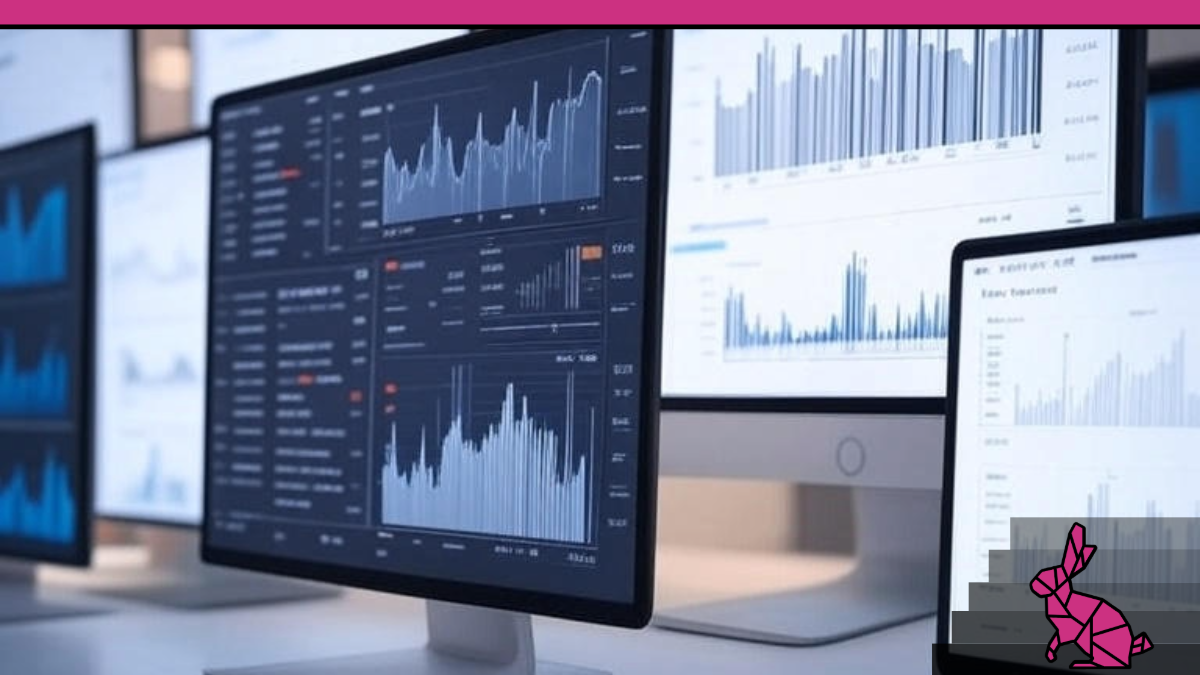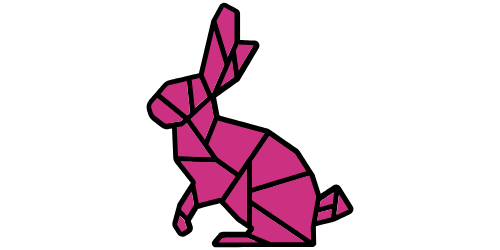Technology

Technology
Deep Space Data Centers: AI's Ticket to Infinite Compute?

Technology
The Great Document Lie: We Never Actually Went Digital

Technology
Is America's New Sovereign Wealth Fund Secretly the Foundation for a National UBI?

Technology
Cannibalization: Why Bold Companies Eat Their Own Lunch to Win Big

Technology
The Great Irony: Schools Axed Human Skills Just as the Robots Showed Up

Technology
The Dawn of Deflationary Abundance and the Shadow of Velvet Tyranny

Technology
Does Bitcoin Really Store Energy Or Just the Illusion of It?

Technology
Stop Chasing New Travelers. Start Rewarding the Ones Who Already Love You.

Technology
Introducing the Bot Customer Experience (BCX) Field

Technology

Technology
Why Energy Could Be the Future of Money

Technology
Rethinking Support: First Principle Thinking

Technology
E-E-A-T: Why Authenticity Isn't Just Nice - It's Your Survival Edge

Technology
The Death (and Rebirth) of the Website: When AI Becomes the Front Door to the Internet

Technology
Inside the Engine Room of Enterprise AI: Why Forward-Deployed Engineers Matter

Technology
Death by a Thousand Metrics: When Good Intentions Turn into Organizational Friction

Technology
X Is Buzzing with Robotics Breakthroughs—and the Future Feels Close

Technology
The Bottleneck That’s Stalling the AI Revolution: Growth Outpacing Power Supply

Technology
Securing the Chain: Exploring Fully Homomorphic Encryption's Impact

Technology
The Dashboard Trap: A Seductive Dead End

